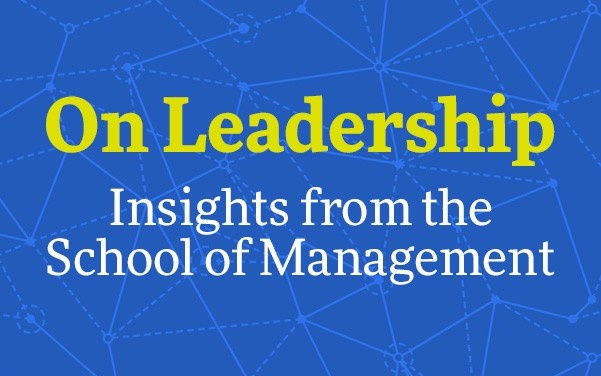2022 Conference
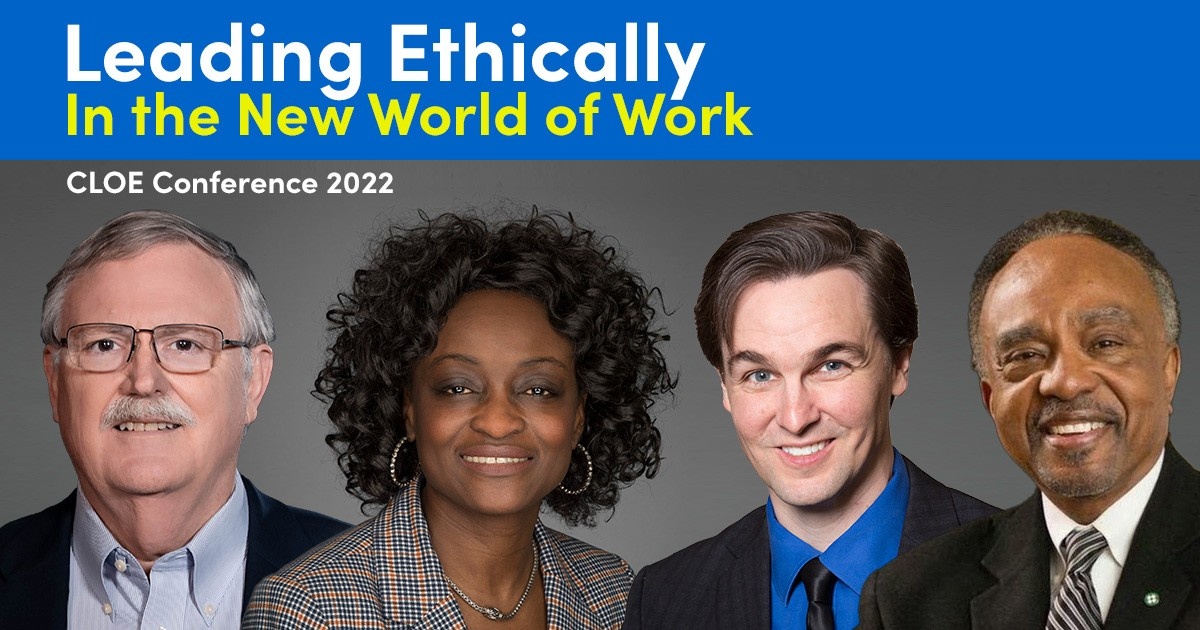
Leaders from the business, nonprofit and academic worlds came together, in person and virtually, on April 7 at The Powerhouse in Buffalo, for a conference hosted by the University at Buffalo School of Management’s Center for Leadership and Organizational Effectiveness (CLOE). The conference featured the latest research from faculty and lessons from top-level experts on the leading ethically in the new world of work.
Presentations and Sessions
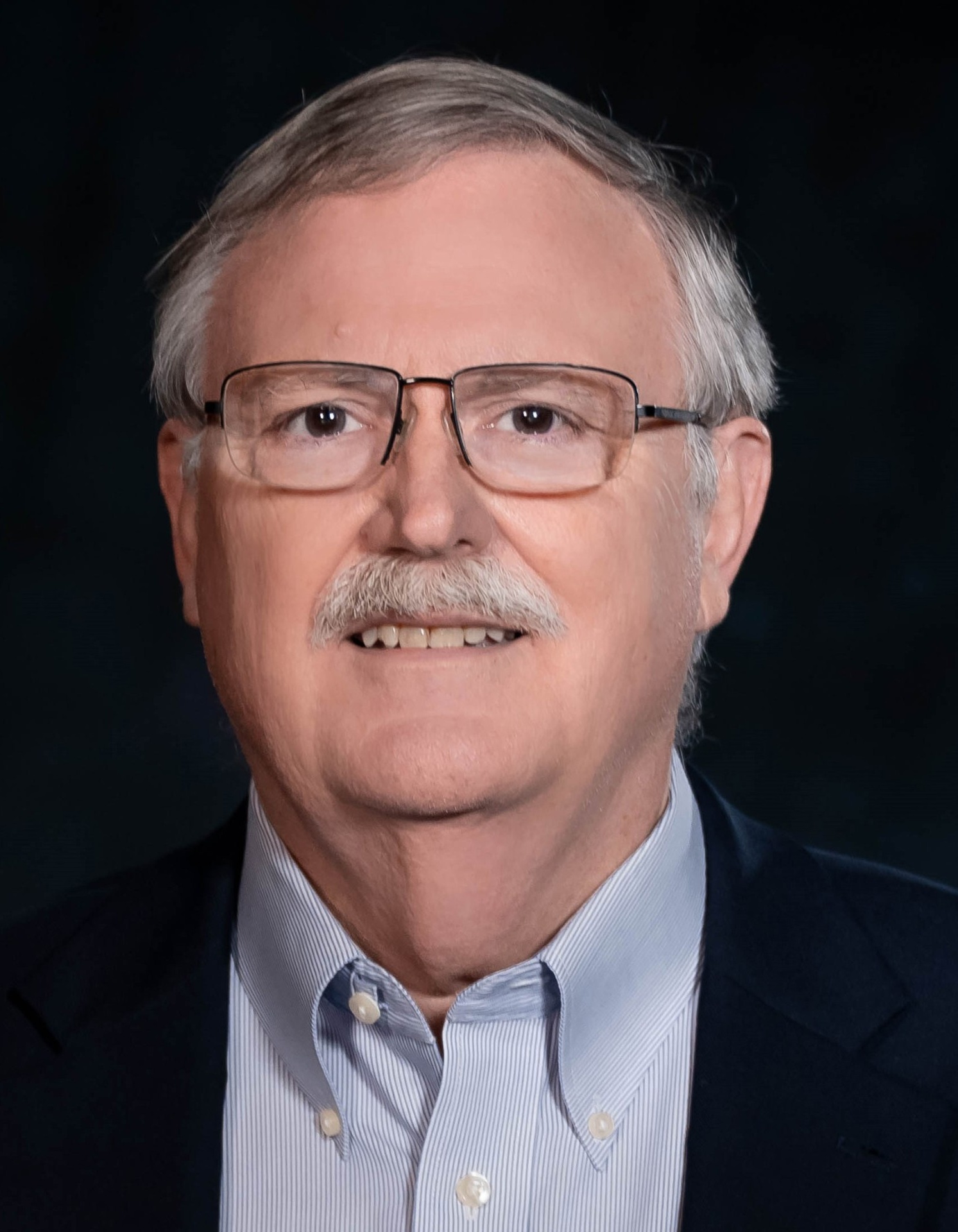
Kent Keith
Leading Ethically in the New World of Work
Kent Keith, Author, Anyway: The Paradoxical Commandments
As the world of work continues to change with the rise of gig and remote work, leaders will be most effective if they expand their ethical behavior to include more and better ways to support their colleagues, while helping them grow and find the meaning that will motivate them to perform at their highest levels. Leaders should also care about the impact their organization has on all of its stakeholders, taking their contributions, needs and interests into account so it will have a strong foundation for the future.
Biography
Keith began his professional career in 1977 in Hawaii, where he served as an attorney, state government official, high-tech park developer, YMCA executive and president of two private universities—Chaminade University and Pacific Rim Christian University. In 2007, he moved to Indiana to serve as CEO of the Greenleaf Center for Servant Leadership (USA), and in 2012, he moved to Singapore, where he served for three years as CEO of the Greenleaf Centre for Servant Leadership (Asia).
A Rhodes Scholar, Keith holds a BA from Harvard University, an MA from Oxford University in England, a certificate in Japanese from Waseda University in Tokyo, a JD from the University of Hawaii and an EdD in higher education leadership from the University of Southern California.
Keith has given more than a thousand speeches and workshops in the U.S. and 13 countries in Europe, Africa and Asia. He has been featured on the front page of The New York Times and in such major media as People, The Washington Post, Wall Street Journal, San Francisco Chronicle, Inc. and Family Circle. He has appeared on dozens of TV and radio shows around the world.
He is the author of 10 books, which have sold more than 250,000 copies worldwide, including U.S. bestsellers Anyway: The Paradoxical Commandments and The Case for Servant Leadership.
A. Good Enough? Exploring the Limits and Aspirations of Jewish Business Ethics
Sara Rich, Executive Director, Hillel of Buffalo
Of all of the laws in the Torah, the topic that appears most frequently is business ethics. In this session we will survey the main principles of Jewish business ethics. We will then dive deep into the debate about just how far we must go in our pursuit of ethical behavior—and at what cost.
Rich is a graduate of the University of Maryland, College Park, and was ordained as a rabbi from the Hebrew Union College-Jewish Institute of Religion in 2011. She has worked in the Hillel movement for more than 10 years, and has taught students about Jewish business ethics, biomedical ethics, and Jewish ethics and public policy.
B. Ethics in Leadership Coaching
Marsha King, Adjunct Instructor, CLOE Leadership Coaching Certification
Whether you are a professional leadership coach or a leader who puts on the coach hat regularly, you will experience ethical dilemmas. This workshop will discuss various ethical situations and how to work through them.
King earned a PhD in organization development from Pennsylvania State University and has 25 years of experience leading people, teams and organizations. With expertise in leadership coaching, King is a requested speaker, author and faculty member.
C. Invest in your Emotions
Anthony Billoni, CLOE Leadership Coach
The science of emotion is in the midst of a revolution on par with the discovery of relativity in physics and natural selection in biology—and this paradigm shift has immense implications for us all. New research and theories by Lisa Feldman Barrett and Brené Brown suggest that you play a much greater role in your emotional life than previously thought. This interactive session will examine those theories and bring hands-on experience to invest your emotions for greater outcomes at work and in your community and family.
Billoni is an executive coach and an expert on teaching others to leverage creativity for more ideas and greater solutions. In 30 years of working with artists, executives, teachers and entrepreneurs, his guidance has led them to identify values, goals and the resilience to realize their highest aspirations.
D. Aggression and Abusive Leadership Behaviors at Workplace in Times of COVID-19
Min-Hsuan Tu, Assistant Professor of Organization and Human Resources, UB School of Management
While positivity is particularly important during the challenges of COVID-19, aggression and abuse nevertheless increase. Why do people—even good leaders—abuse their power and become more aggressive? In this presentation, you'll learn about why aggression occurs in the workplace, why leaders may morally disengage and justify their aggressive behaviors, and what leaders can do to create an abuse-free environment.
Tu teaches organizational behavior and human resource management and conducts research on power, leader identity and mistreatment in the workplace, with the goal of finding simple and helpful techniques to develop better leaders and high-quality employee relationships. Her work has been published in such outlets as the Academy of Management Journal, Journal of Applied Psychology, Personnel Psychology, and Organizational Behavior and Human Decision Processes.
E. Getting What You Want: Effective Conflict Management and Negotiation Strategies
Kate Bezrukova, Associate Professor of Organization and Human Resources, UB School of Management
We negotiate every day. We enter into negotiations with potential employers, coworkers, our children, parents and many others about the prices we want to pay, how much we want to be paid, who will clean the kitchen and more. Yet, while we negotiate often, many of us know very little about the strategy and psychology of effective negotiations. Why do we sometimes get our way while other times we walk away feeling frustrated by our inability to achieve the agreement we desire? In this interactive session, we will talk about how to evaluate the costs and benefits of alternative actions, and how to manage the negotiation process more effectively and build confidence.
Bezrukova is an expert in group and team behavior on topics including group composition, conflict management and negotiation, decision-making processes, performance and health. Her work on teams has been featured in the PBS News Hour, ESPN the Magazine and the Atlantic. She quantifies human behavior to predict team chemistry and performance, and advises people on how to survive and excel when they are in the minority in organizations.
F. Leading Creativity in Virtual Teams
Snehal Hora, PhD in Management Candidate, UB School of Management
The pandemic may have changed the way we think, communicate and do business, but there is one thing that hasn’t changed—the need for creativity. Rather, the unpredictability associated with recent times has further increased the importance of being creative. The same goes for organizations that thrive on the creativity and innovation of their human capital. But what can organizations and leaders do to boost creativity, especially in teams that are virtual or working in a hybrid environment? Find out in this interactive session about how leaders can foster creative collaboration in remote teams.
Hora has an MBA in human resource management, as well as industry experience in a multitude of positions with diverse and global companies. At UB, she teaches organizational behavior and conducts research on how and why men and women differ in creativity, with the goal of identifying simple and effective solutions to bridge the gender gap in creativity. Her research also focuses on issues related to leadership and immigrant creativity in organizations.
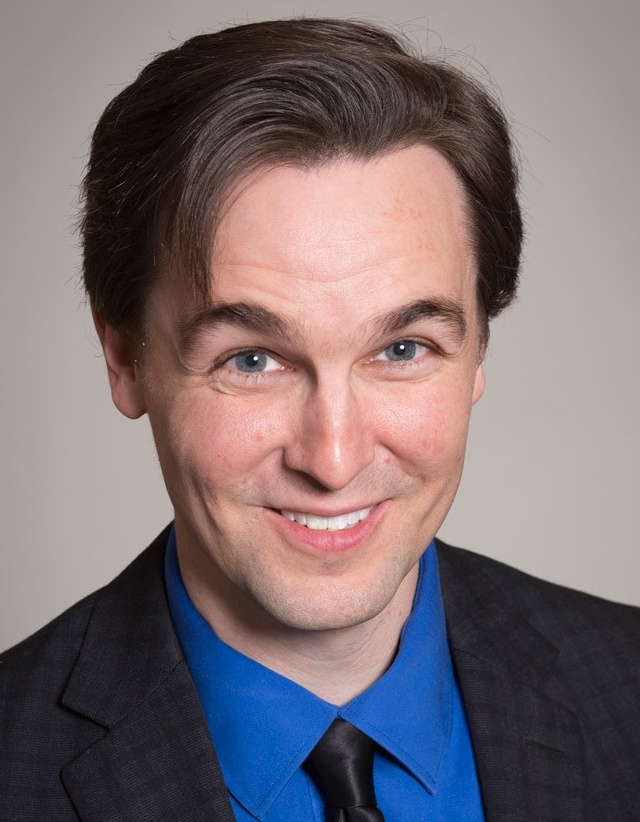
James Lemoine
Leading Ethically: It May Not Mean What You Think it Means
James Lemoine, Associate Professor of Organization and Human Resources, UB School of Management and Faculty Director, CLOE
Sometimes it seems the more we talk about business ethics, the harder it is to identify organizations that practice morality. An organization’s ethics depend on its leaders, but the problem is that employees in the same organization may have different views on what ethics are. Dive into why and how we see morality differently, the common mistakes moral leaders inadvertently make—and what to do about it.
Biography
Lemoine’s research focuses on leadership, ethics and creativity, and has been published in such prestigious outlets as Harvard Business Review and the Journal of Applied Psychology. His research has been cited more than 2,000 times in management literature, placing him in the top 5% of researchers worldwide. His work also frequently appears in magazines like Forbes, Inc., Fast Company and Entrepreneur. Lemoine is a recipient of the State University of New York Chancellor’s Award for Excellence in Teaching, the state’s highest award for instructional quality, and is well known for the hundreds of speeches and presentations he has given to business and nonprofit leaders since joining UB, as well as his TEDx talk and videos for CLOE’s 52 Weeks of Leadership series. He spent six years as a member of the board of directors for the Greenleaf Center for Servant Leadership. Prior to obtaining his PhD at Georgia Tech, he was an entrepreneur, consultant and manager at companies like AT&T.
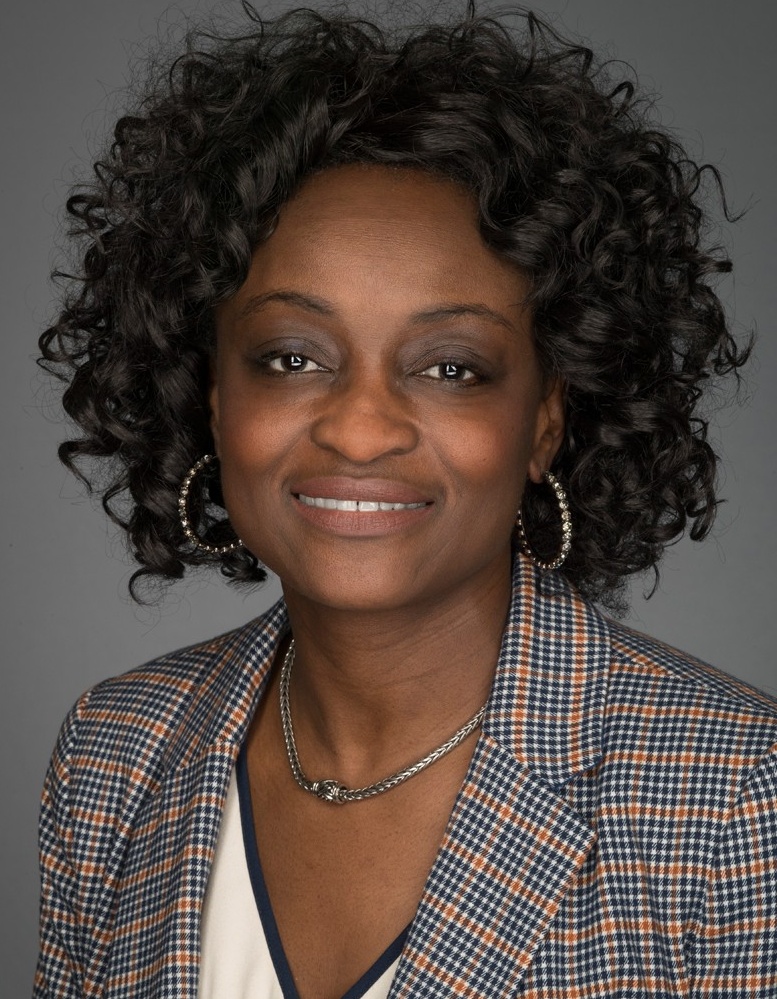
Dorothy Siaw-Asamoah
How You Show Up and Lead
Dorothy Siaw-Asamoah, Clinical Associate Professor of Organization and Human Resources, and Faculty Director of Global Programs, UB School of Management
What is true about you, your culture and your intercultural mindset? This session will explore the importance of your holistic self and how your leadership style doesn’t have to be complicated but is embedded in who you are and how you show up every day—your identity, uniqueness and genuine respect for what makes each person one of a kind. When we can embrace ourselves, we can support and honor others’ uniqueness, too. This session will explore a winning strategy for defining, developing and harnessing an inclusive self-culture and how it translates into powerful outcomes for the individual, organization and community—that is where the magic happens to create maximum outcomes for all.
Biography
As faculty director of Global Programs, Siaw-Asamoah identifies, designs and implements high-impact programs that develop students’ intercultural, global and diversity mindset. She engages partners and alumni in Africa, Asia, Latin America, Europe and the U.S., fulfilling the school’s commitment to training global citizens with diverse perspectives and experiences. Siaw-Asamoah also helps drive the school’s global reach and build capacity for leaders in emerging economies by establishing leadership development training programs at partner universities in Ghana, Jamaica, India, Kenya and Latvia.
Prior to her current role, Siaw-Asamoah served as the assistant faculty director of the award-winning LeaderCORE™ program for UB MBA students; developed and managed the school’s Finance Academy for Master of Science in Finance students; and served as assistant director of graduate student services in the School of Management. Her research interest is in the intersection of leadership development, communication and culture.
A. Connecting Who You Are to How You Lead
Emily Grijalva, Associate Professor of Organization and Human Resources, UB School of Management
How do personality traits influence your likelihood of emerging as a leader and being effective in the role? We will provide you with a short personality test and then describe what the results mean for you and other leaders.
Grijalva joined UB in 2014 after receiving her PhD from the University of Illinois. Her research primarily focuses on how narcissism influences the workplace, as well as leadership and gender. Grijalva’s work has been published in top management and psychology journals, such as the Academy of Management Journal, Personnel Psychology and the Journal of Applied Psychology. Her research has also been featured in popular press outlets, including Time, The Washington Post, NPR Marketplace and the Associated Press.
B. Getting Comfortable with the Uncomfortable: Building Better Relationships with Diverse Employees
Kalan Norris, PhD in Management Candidate, UB School of Management
Learn how to build high-quality and transparent relationships with a diverse set of employees. In this session, Norris will provide you with key insights and actionable steps you can take to improve your ability to develop relationships with diverse employees.
Norris is a fourth-year doctoral candidate in the Organization and Human Resources Department in the UB School of Management. Through his research and teaching, Norris specializes in the areas of organizational behavior, power and influence, leadership, diversity and inclusion, and research methods. Norris’ research has been published in the Journal of Leadership and Organizational Studies. He is a PhD Project/Baruch College Research Fellow, a William H. Hastie Research Fellow and a recipient of the 2020 UB School of Management Rising Star Award. He received his Master of Science in industrial/organizational psychology from Valdosta State University and his Bachelor of Science in psychology from the University of Central Florida.
C. Moving from “I” to “We”: How To Develop Collective Leadership So It Is Not Just Talk
Nathan Eva, Associate Professor, Department of Management, Monash Business School on Boon Wurrung Country, Australia
We hear of organizations that are moving from one leader to teams of leaders – but is your team and organization ready? How does collective leadership even work? In this interactive session, we explain how collective leadership can work in today’s organizations before examining our own teams and organizations to see what could be holding us back.
Eva’s research examines follower-first leadership approaches that deliver organizational performance combined with inclusive and supportive workplaces. He is a board member of the Network of Leadership Scholars and a facilitator for the International Leadership Association’s Leadership Education Academy. His article on servant leadership in The Leadership Quarterly is the most cited and downloaded in the journal since 2017.
D. Help Your Employees Return to the Office: The Importance of Emotions
Evangeline Yang, PhD in Management Candidate, UB School of Management
After months of working from home and attending Zoom meetings, many employees are experiencing anxiety and fears about returning to the office. We have little control over the future trajectory of the pandemic, but we can try to control the emotions we feel. Learn ways you can help your employees and colleagues better manage their emotional well-being upon returning to the office, with a deeper understanding of how emotions work and what strategies you can use to regulate emotions.
Yang’s research interests revolve around the topics of diversity and emotions. She teaches organizational behavior and human resources.
E. Bounce Back Better: What We Can Learn from the Science on Learning and Resilience in Responding to Setbacks and Failures
Paul Tesluk, Dean and Professor, UB School of Management
A key characteristic of the most effective leaders is their ability to learn and be resilient in the face of failures and setbacks. As we all look for ways we can emerge from the challenges of the pandemic as better leaders, it’s useful to understand what the science on learning and resilience can tell us about how to use struggles, setbacks and failures to improve our leadership. In this interactive session, we will apply these findings to practical approaches to “bounce back better” and develop as a leader.
Tesluk is dean of the UB School of Management and a professor of organizational behavior. He is an organizational psychologist who has spent much of his career studying leadership and executive development. Tesluk has designed, taught and consulted with many organizations on leadership development, and has been an executive coach for more than 20 years.
F. Back to Work Analytics: How Data can Inform Decision-Making on a Range of Post-COVID Workplace Configuration, Company-Building and HR Issues
Charles Lindsey, Associate Professor of Marketing, UB School of Management
A recent article by Thomas Davenport and Thomas Redman in the MIT Sloan Management Review explored the value of data (and experiments) for dealing with a host of post-COVID work arrangements. In this session, we will cover the kinds of workplace questions where analytics can be most informative and how to conduct workplace experiments. We will also discuss business use cases from cutting-edge firms in this space. The session will feature a group breakout module.
Lindsey earned his PhD from the Kelley School of Business at Indiana University. He has published academic articles in the Journal of Consumer Research, Journal of Marketing, Marketing Science, Journal of Consumer Psychology, Organizational Behavior and Human Decision Processes, Journal of Experimental Psychology: Applied, and Journal of Advertising. Lindsey also has written for Fortune magazine and been quoted in major media outlets, including the Wall Street Journal, Forbes, NPR Marketplace, The Washington Post, Bloomberg, USA Today and NBC News.
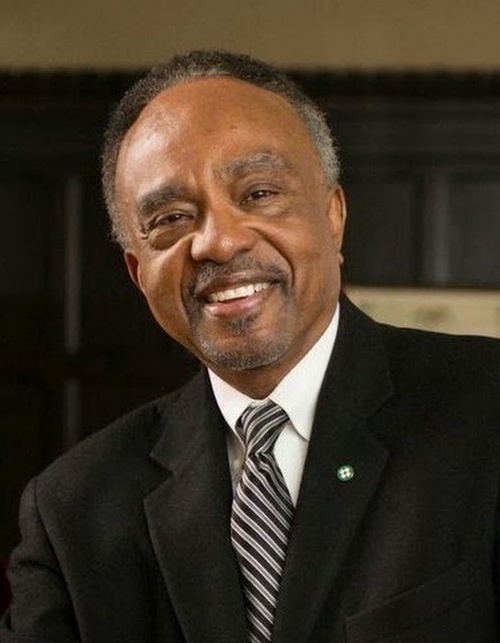
Clifton LeMoure Taulbert
Servant Leaders All: Exploring the Eight Habits of the Heart
Clifton LeMoure Taulbert, Entrepreneur, Pulitzer Nominee, International Lecturer and CEO
According to Taulbert, all people can rise to the occasion of becoming servant leaders. Because they embrace the idea that others matter—as do their dreams and aspirations—servant leaders find joy walking alongside others, growing and becoming together. Taulbert will take you on a journey to a place in time where ordinary people became extraordinary servant leaders. You will explore the eight habits of their hearts that were unselfishly shared with Taulbert when he was young, lifting his sights beyond the cotton fields of the Mississippi Delta to who he would eventually become. These habits remain timeless and universal, not held captive by race, gender or geography.
Biography
As a writer, Taulbert is recognized and embraced around the world. His first book, Once Upon A Time When We Were Colored, became an international bestseller and a major motion picture. The U.S. government selected the book as a gift for Nelson Mandela upon his release from prison in 1990.
His most recent book, The Invitation, was chosen by the Architect of the United States Capitol as part of the 50th anniversary celebration of the signing of the 1964 Civil Rights Act. Taulbert has written 14 books, produced a major motion picture and served as a consultant on several documentaries, including Jews in the Delta and the Emmy-award winning Boomtown: An American Journey, which details the birth of Tulsa, Oklahoma.
Taulbert, a member of Phi Beta Kappa, graduated valedictorian of his high school class. He now serves as a trustee for the University of Tulsa and is on the board of reference at Oral Roberts University. In 2017, Ambassador Barbara Stephenson, president of the American Foreign Service Association, presented Taulbert with the 2017 Citizen Diplomat Award, the highest honor given by Global Ties U.S.
Taulbert has been inducted into the Enlisted Airman Hall of Fame. He is also a recipient of the 27th NAACP Image Award for Literature. He is a trustee for the Tulsa Library Trust, the Oklahoma Foundation for Academic Excellence and the Tulsa Historical Society, and he serves on the Eudora Welty advisory board, the Anne Kathryn Sickle Cell Fund and the Indian Nation Council of Boy Scouts.
Sponsors

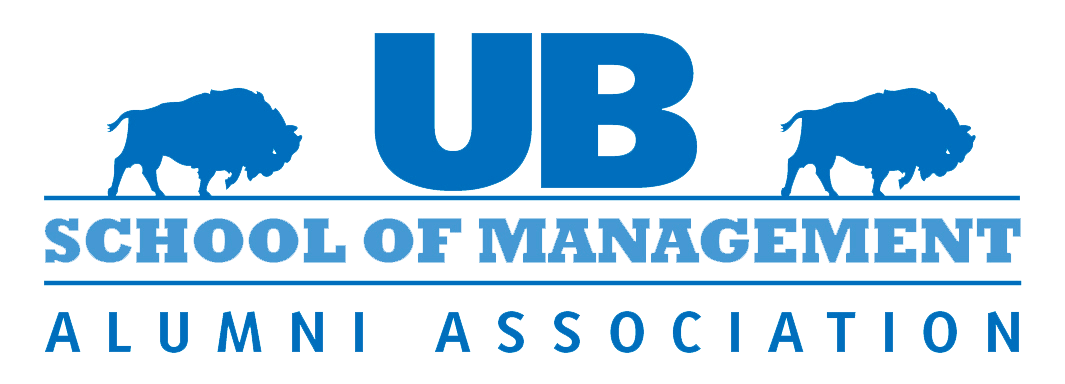
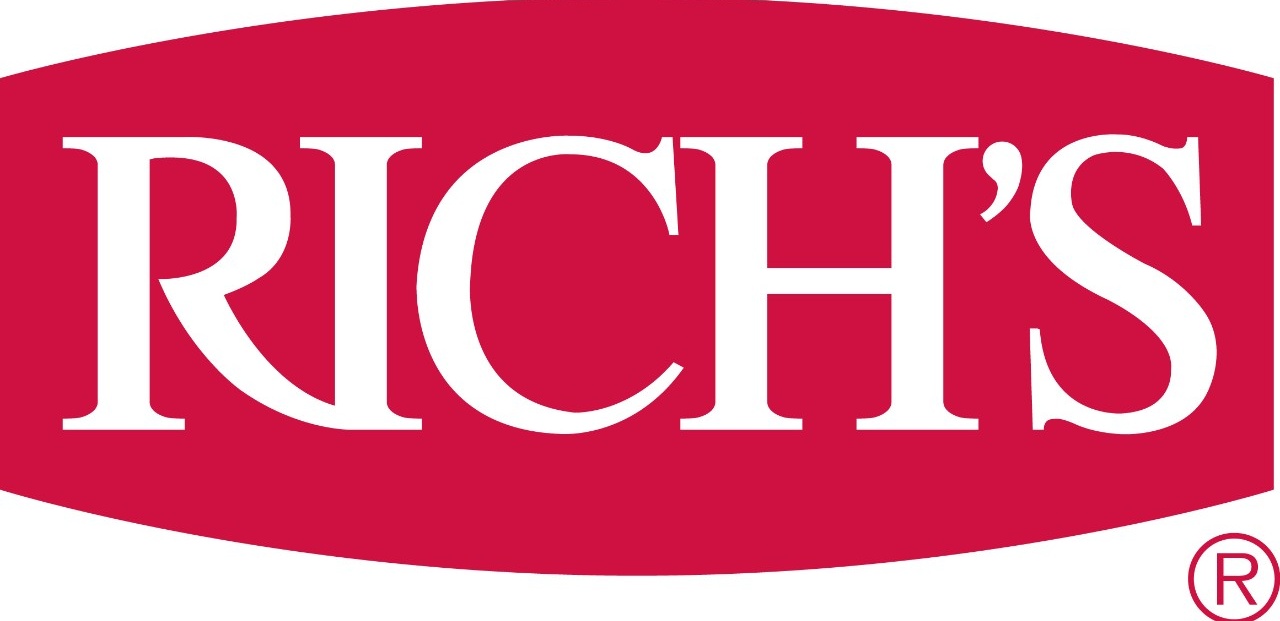

Keybank
North Forest Office Space
